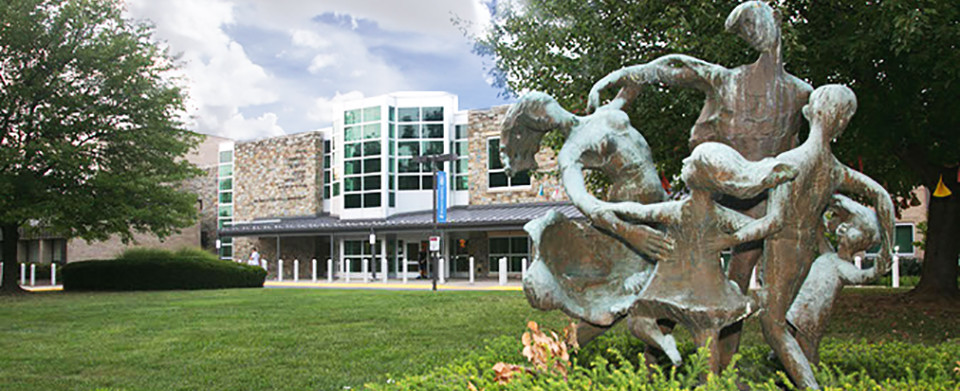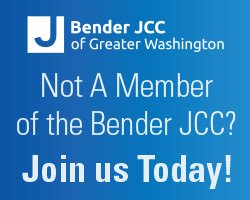Let’s Get to Work: Professionals with Disabilities
by Steve Blanks, Director of Partnerships, SEEC | January 2024
I’ve been a baby brother my whole life. My brother, Robert, has always included me in everything he does, and everything he wants to do. He currently works full-time in Kansas City, Missouri, lives in his own house that he takes care of himself, and has an active social life. What’s so special about that? Robert was born with an Intellectual and Developmental Disability (IDD). When we were kids, the options ahead of him were limited. Special schools and programs would separate him from others. The idea of work seemed impossible.
As I got older, I realized that more people with disabilities were beginning to be included in everyday activities, from home to work life. In fact, Robert started to work part-time with a nonprofit as an office assistant. I was floored by his dedication, commitment and skills, and by the impact it had on the business. His success inspired me. I thought maybe I could help others like my brother to follow their career dreams, and I jumped at the chance to work in the field. I was fortunate to get hired at SEEC, a Montgomery County developmental disability provider based in Silver Spring. For almost 40 years, SEEC has led local services spearheading meaningful work for people with intellectual and developmental disabilities. As I was beginning my new career, my older brother was excelling in his.
Here are a few facts and figures that show why inclusion is important.
-
- Only 16% of people with IDD have jobs1
- Thousands of people with IDD still work in segregated “workshops,” legally being employed for pennies per hour
- The poverty rate of people with disabilities is double the national average2
- Households with people with disabilities have net earnings of 57% of the US average2
Despite 30 years passing since the ADA’s incredible landmark work that paved the way for significant inclusion, people with disabilities are still not wholly included in life’s core activity of work. As a result, massive wealth and income gaps emerge. Fortunately, Employment First efforts across the country are taking aim at reversing this segregation. Maryland, thanks to dedicated advocacy by persons with disabilities and the community, became one of the first states to ban below sub-minimum wage segregated work, which had been an anchor holding back inclusion for many.3
Inclusion means so much for many of the people SEEC supports, from Darren celebrating his 20th anniversary working with the federal government to John landing his first job after school and earning enough to move out into his own apartment. People with IDD across Montgomery County are showing off their abilities, creating change at a grass roots level. Local businesses like Dawson’s Market in Rockville are embracing people with disabilities to address their staffing needs. People with disabilities are beginning to not just be included, but to be regarded as vital to the economic engine for organizations across the country. A recent report by Accenture4 lays out compelling arguments why inclusion matters, citing significant gains across income, profit and productivity for those businesses embracing disability initiatives.
My brother just celebrated his 60th birthday and 30th work anniversary. He made a career, created income for himself, and was able to build wealth through his earnest savings, as well as buying a home. He makes me incredibly proud and continues to be a role model for others. I am proud of what he achieved and hope to celebrate many other people with intellectual and developmental disabilities achieving their dreams of inclusion success.
Editor’s note: This article was originally published in the Bender JCC’s Winter 2024 Program Guide
- Source National Core Indicators Survey, 2021
https://idd.nationalcoreindicators.org/wp-content/uploads/2023/05/IPS-21-22-Employment_FINAL.pdf - Source Prosperity Now
https://prosperitynow.org/sites/default/files/resources/Financial-Stability-of-People-with-Disabilities.pdf - https://disabilityrightsmd.org/maryland-to-phase-out-14c-subminimum-wage/#:~:text=The%20Ken%20Capone%20Equal%20Employment,with%20disabilities%20inMaryland%20by%202020.
- Accenture Report on Disability Inclusion
https://www.accenture.com/content/dam/accenture/final/accenture-com/document-2/Disability-Inclusion-Report-Business-Imperative.pdf


